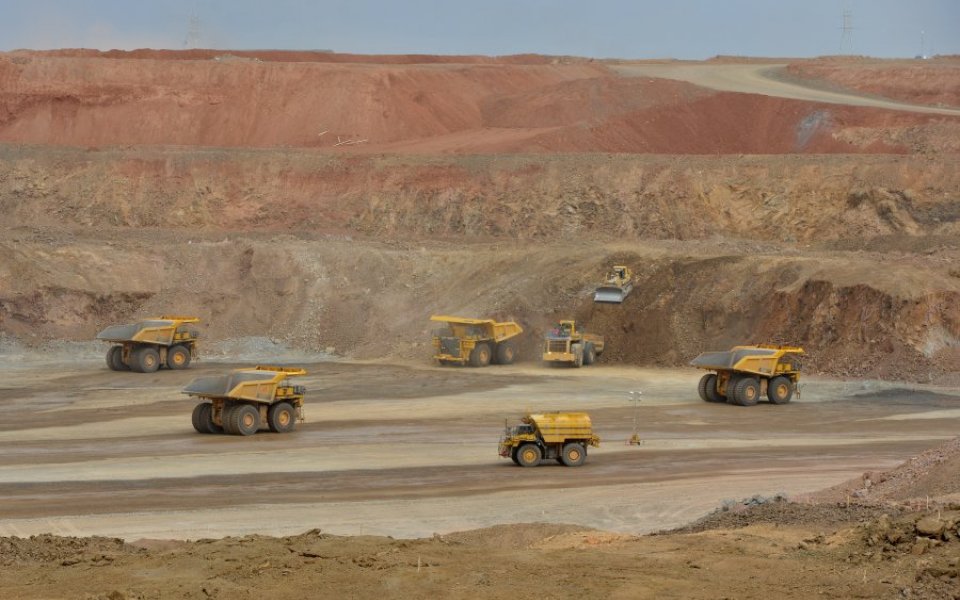Anglo American, Antofagasta, Glencore and Rio Tinto all see shares jump while BHP Billiton becomes latest FTSE miner to slash its dividend

Some of the world’s biggest mining firms led the FTSE 100 above 6,000 yesterday, as rising commodity prices saw the beleaguered industry bounce back.
All five of the index’s top risers were miners, with Glencore and Anglo-American recording double-digit gains and Rio Tinto and Antofagasta also rising sharply.
Dual-listed BHP Billiton, which was last night forced to slash its dividend for the first time in its 15-year history, was up 8.48 per cent in London. On the back of the half year results to 31 December in Australia, its shares opened up around two per cent in Sydney.
Miners were boosted by rising metal costs as fears of a supply shortage pushed up the prices of zinc, iron ore and copper.
Read more: Mining sector burning through cash reserves after commodity price crash
“Mining shares are still wallowing in a hangover from years of excessive production to meet the demands of booming industrial production and construction in China,” said Jasper Lawler, markets analyst at CMC Markets.
“But in the last couple of quarters, companies have started talking about closing down production, asset sales and dividend cuts to match a new reality in which China’s growth is slowing.”
Last night BHP cut its payout to investors by 74 per cent as it scrambles to protect its A-grade credit rating.
BHP Billiton’s chief executive Andrew Mackenzie said the new dividend policy was part of a broader strategy to help manage volatility, including the “divestment of $7bn (£5bn) of assets and the demerger of South32”.
In its interim results, BHP also said that it would cut capital exploration spending by $3.5bn from its 2016 and 2017 budgets. It reported a loss of $5.67bn – its first in 16 years after impairment charges linked to US shale projects and the Samarco dam disaster were included. Revenue fell to $15.7bn, a 37 per cent decline.
Read more: Metal prices soar on fears of supply shortage
“BHP has a portfolio of great assets, but its margins have come under intense pressure due to the price rout,” said Nick Hatch, analyst at Canaccord Genuity.
Rio Tinto, Glencore and Anglo-American have all had to abandon their “progressive” dividend policies, which guaranteed that dividends would never fall, in order to protect their war-torn balance sheets. Rio slashed its dividend by almost 50 per cent to $1.10 per share this year, while Glencore and Anglo-American have suspended their dividends entirely.
Unlike its rivals, BHP has publicly pledged that keeping its credit rating is its top priority, although it remains to be seen whether last night’s efforts were enough to satisfy the ratings agencies.